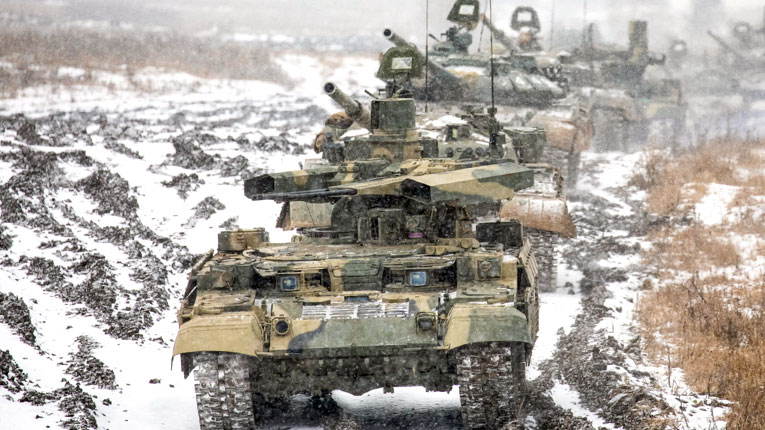European benchmark gas prices rose 41 percent on Thursday after Russian forces attacked targets in Ukraine and the West promised to impose new sanctions on Russia, Bloomberg reports.
On the Amsterdam Stock Exchange, natural gas futures rose 41% on Thursday to 125 euros per megawatt-hour. Subsequently, around 8:02 a.m. local time, futures quotes were 30% higher, up to 116 euros for a Megawatt-hour.
Russian President Vladimir Putin announced in a surprise televised speech on Thursday a military operation in Ukraine to defend the separatists in the east of the country, in the context in which there are tens of thousands of Russian soldiers deployed for weeks on the borders of Ukraine, according to Agerpres.
This crisis poses new risks to Europe’s natural gas supply, which is already facing an energy crisis. The European continent depends on Russia for more than a third of its gas supply, and low gas stocks have sent prices to record highs. Russia plans to keep gas supplies “uninterrupted” abroad, Russian Energy Minister Nikolai Shulginov said earlier this week.
Analysts at Goldman Sachs Group Inc., Wood Mackenzie Ltd. and Rystad Energy AS predict that high gas prices will persist for the rest of this year because of a shortage of this fuel used in electricity generation, industry and home heating.
The European Union is set to hold an emergency summit of bloc leaders on Thursday. Europe will have to compete with Asia for liquefied natural gas if Russian gas supplies through pipelines are disrupted as a result of a crisis. About a third of Russian gas supplies to Europe normally pass through Ukraine, and analysts have warned that any escalation of the conflict could disrupt those supplies.
“In the event of prolonged disruptions, gas stocks will not be able to recover over the summer. We will then face a catastrophic situation in which gas stocks will be almost zero before next winter. Prices will explode. Industries will have to cease activity. There will be an inflationary spiral. The energy crisis in Europe could trigger a global recession,” said Kateryna Filippenko, chief analyst at Wood Mackenzie.
